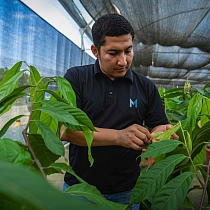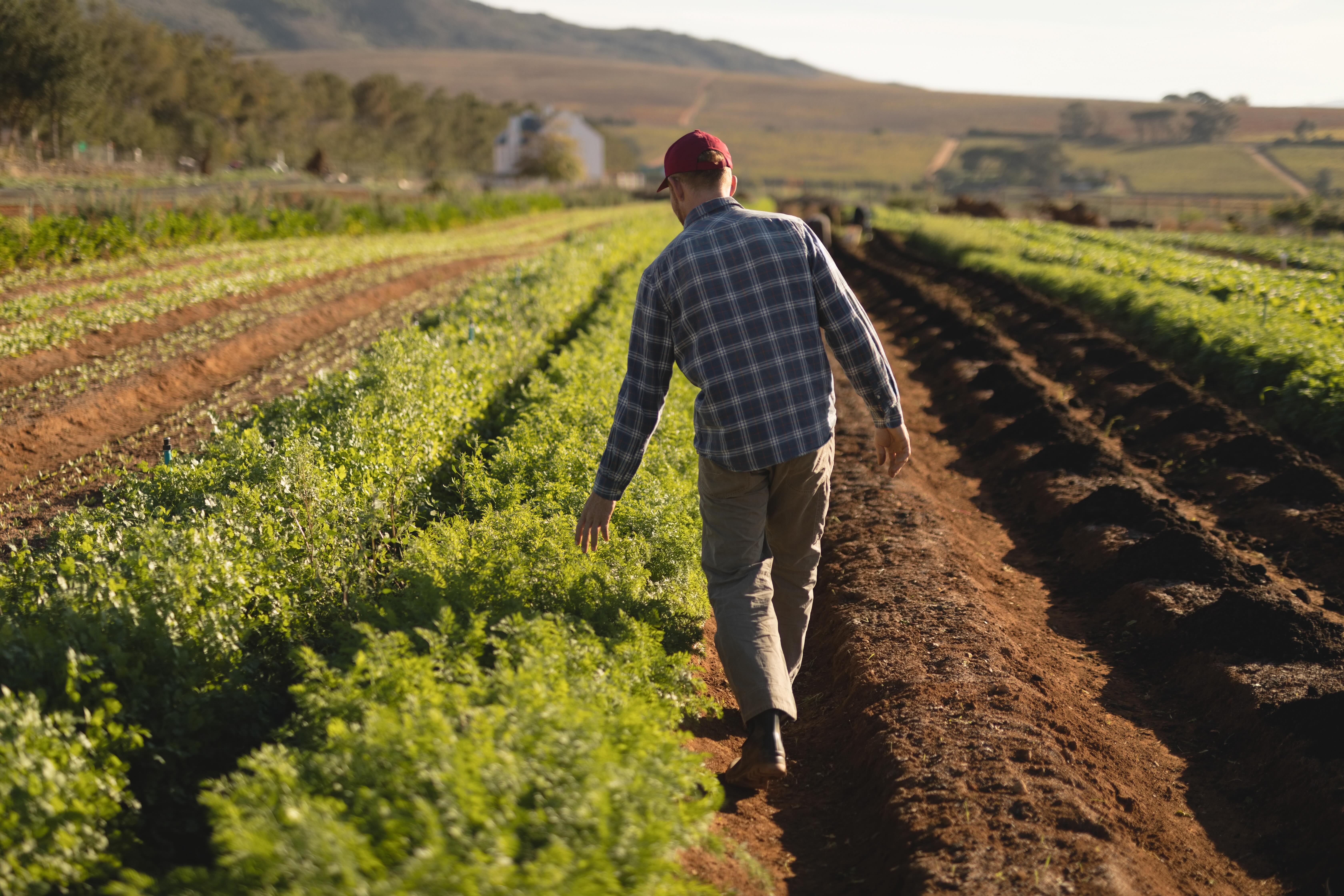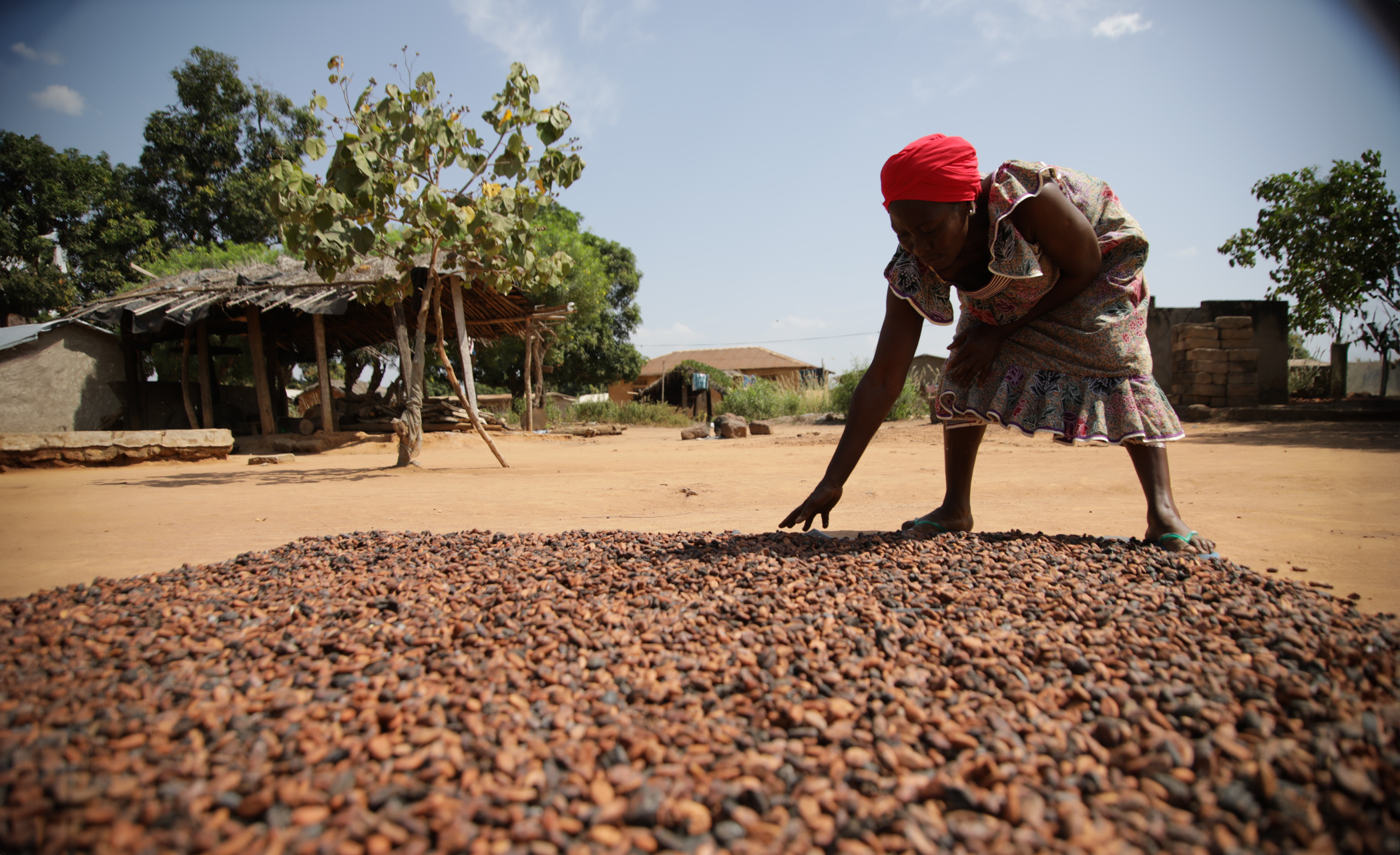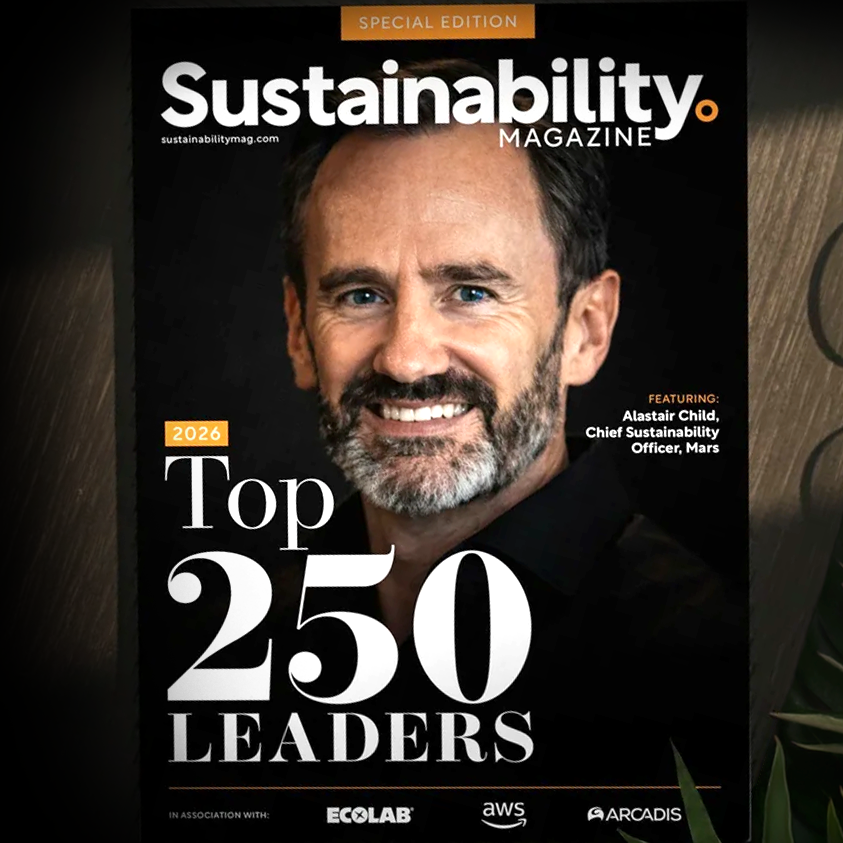2024 Sustainable in a Generation Report
Our Approach to Sustainability
In 2017, we launched the Sustainable in a Generation Plan and since this time, we have remained focused on helping shape a future with a healthier planet, thriving people and pets and a more inclusive society. Our approach to sustainability focuses on always striving to do the right thing and holding ourselves accountable for our sustainability performance over promises. We are committed to delivering responsible growth while providing quality products and services to our customers in a way which advances social and environmental progress.
Our progress to date
Our Sustainable in a Generation Report measures the progress we’ve made in 2024 to transform how we do business, covering our collective effort to deliver meaningful change while at the same time acknowledging the many challenges ahead of us.
Our Sustainable in a Generation plan is upheld by three key pillars where we work to maximize our impact: Healthy Planet, Thriving People and Nourishing Wellbeing.
Healthy Planet

Reducing our environmental impact in line with what science says is necessary to keep the planet healthy.
View MoreGoal: Reduce the total GHG emissions across our value chain by 50% by 2030 and achieve Net Zero by 2050 compared to 2015.
Goal: Hold flat the total land area associated with our value chain.
Goal: Reduce the gap to sustainable water usage in the long term, and reduce by 50% from 2015 to 2025.
Goal: Develop packaging that is reusable, recyclable or compostable and increase our use of post-consumer recycled content in our plastic.
Thriving People
Meaningfully improve the lives of the people in our value chain to enable them to thrive.
View MoreGoal: Meaningfully improve the lives of 1 million people across our value chain to enable them to thrive.
Goal: Increase farmer incomes through Mars-designed programs.
Goal: Improve the lives of women in our value chain with programs designed to enable them to thrive in our supply chain, farming and agricultural communities.
Nourishing Wellbeing

We are committed to supporting the wellbeing of our Associates and consumers by delivering products and services that are trusted and enjoyed, and in turn enabling people and their pets to live healthier, happier lives.
View MoreGoal: Deliver 5.5 billion healthy meals per year by 2025, including 4 billion servings of vegetables and a 30% increase in fiber servings.
Goal: Nourish our community through a 5% reduction of sodium.
Goal: Deliver compliance with our Mars Marketing Code commitments at 95% for marketing content and 97% for marketing placement.
Interested in more of our reporting?
Footnotes
1. This includes a small (<0.15%) contribution from soil carbon removals through climate-smart agriculture projects. Each reference to our 2015 baseline in this report refers to our restated baseline.
2. By weight, excluding tertiary and transport packaging. Our reportable data includes the consumer-packaged goods within our Mars Snacking, Mars Petcare, and Mars Food & Nutrition segments. The Mars Science and Diagnostics and the Mars Vet Health businesses are not in scope. For data reported as of Year End 2024, acquisitions not reported in 2023 such as Hotel Chocolat, Kevins and Champion Petfoods are now included.
3. Compliance data in reference to 2023 performance. Please note media data is generally subject to a one-year delay due to the reporting timelines of the U.S. TV market, with broadcast data specifically experiencing a six-month lag.
4. This does not include our own operations.




















